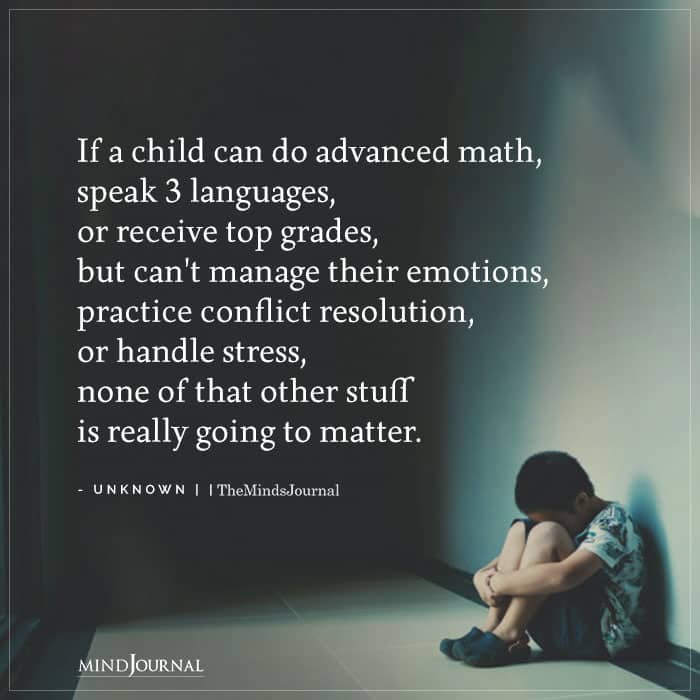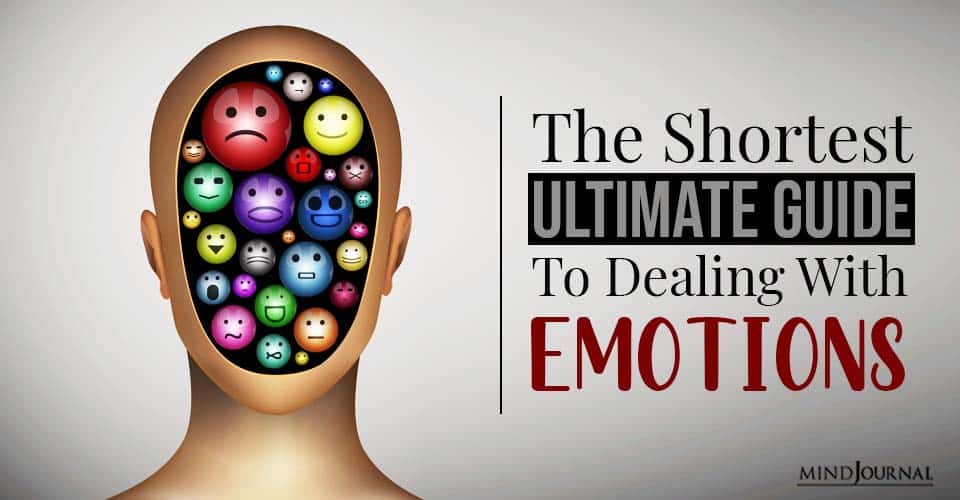How do you deal with emotions like grief, anger, stress? Do you avoid them? Or cling on to them? Have you ever tried to take in the messages they contain?
Imagine you are sitting in a car, and you are driving down a lonely highway. Suddenly, in the middle of nowhere, a warning light goes off. Your oil pressure is very low. If you just ignore it and continue your drive, you run the risk of doing serious damage to your engine. You know you can get a tow, but this is going to take a while.
As you are considering your next step, you suddenly remember a trick about how you can short circuit the warning light. This would not change anything about the engine – it would still be starved for oil – but the low-pressure signal would no longer be blinking on your dashboard, and you could ignore it more easily.
Here’s the question: Should you do it?
Unless you are seriously intoxicated (at which point you shouldn’t be driving at all), you won’t hesitate to say “no” to that impulse. Rightly so. Turning off the light will not do anything for you. The light is just the messenger and not the problem in itself. Instead, you would be better advised to take in the information and deal with the situation.
This is easy and intuitive to understand when it comes to external problems like car maintenance. It’s much more confusing, however, when the problems occur internally. When we are confronted with difficult emotions like anxiety, depression, stress, grief, anger, or loneliness, we are quick to search for the off-button on our emotional dashboard instead of taking in the messages they contain.
Read The Way You Express Emotion Based On Your Zodiac Sign
Make it stop! Give me the wine and cigarettes. Let me cancel this appointment. Engage me on social media. Show me the movies and videogames. Do whatever, but just make it stop!
This is often our first response when difficult emotions show up: We try to mute the signal. But,
Emotions Are Not The Problem.
They are merely messengers. And the messages they carry deserve at least to be heard. They often contain important lessons and can call us to helpful actions. Often they show us opportunities.
Fear might show us that danger is up ahead, and we better prepare ourselves. Loneliness might urge us to prioritize close relationships. Grief might open us up to what is important and meaningful to us while calling out for social connection and support.

Your dashboard doesn’t need to be covered up. It needs gentle attention. No, the dashboard isn’t everything – you still have a road to see and navigate. When emotions arise, you can ask yourself: “What am I feeling right now?”, and “Where can I feel it?”, and “What does my emotion ask me to do?”, and “What does this suggest I am yearning for?”. No one turns their driving over to a dashboard, but questions like these help our emotions play their proper role.
Read 21 Different Art Therapy Exercises For Different Emotional State
If it were just negative emotions, this “turn off the indicator” move would be bad enough, but we are similarly incompetent when it comes to positive emotions. Imagine noticing on your car’s dashboard that your fuel tank is full. Oh joy! You want it to stay this way, and so you decide to rewire so that the gauge always remains full.
Wait, what?!
And people avoid positive emotions too! When we feel joy we focus on how we will feel when it goes away, so we try never opening up to joy at all. That would be like the person who just disconnects the fuel gauge all together so that she will never be disappointed when the fuel runs out because she never allowed herself to notice it was full in the first place.
Wait, what?!
All of this is self-defeating, and yet it’s exactly what many of us do when we feel happy or sad or anxious or hopeful or depressed or satisfied. We like feeling this way, and never want it to stop, and so we cling onto this pleasant feeling, in the hopes of never losing it. Or we detune so it won’t be noticed when it stops, as if numb is the definition of happiness. We dislike feeling this way, so we push it away as if feelings are the enemy.
Feelings are not just about like and dislike.
They are how our past and present impact us. They help train our ability to notice what is present, based on what we’ve experienced in the past. They’re like dashboard gauges that help us adjust on the challenges of our life journey.

Read 8 Ways Our Feet and Legs Reveal Our Emotional State
Emotions Are Temporary.
They aren’t meant to be avoided, nor are they meant to be clinged on. They are meant to come and go, flowing through you in their own time. They contain important lessons when things are off, and beautiful rewards when things fall into place. Allowing emotions to be there when they occur, to listen closely to their message, to feel them fully with neither clinging nor needless defense, allows them to serve their proper role.
Your emotions are not the problem, so feel fully, embrace the change, move forward, and learn how to drive.
Written by: Steven C. Hayes
Originally appeared on: Stevenchayes.com
Republished with permission










Leave a Reply